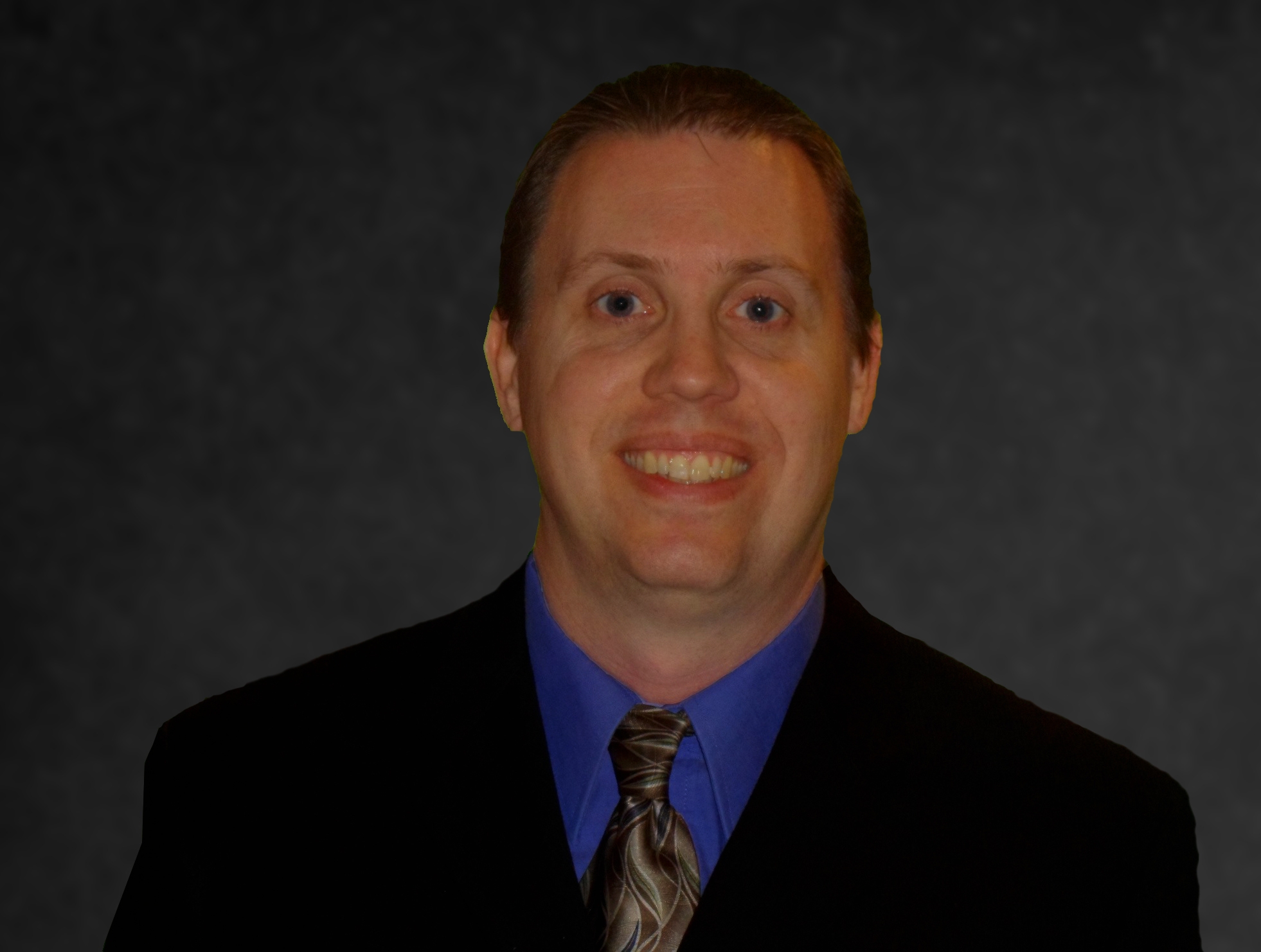 Our community faces many challenges each day—some, however, are preventable. Mental health illnesses affect more than a quarter of the U.S. population, yet two-thirds go without treatment. These illnesses, such as depression, anxiety and substance use disorders – just to name a few – interfere with the ability to work, maintain self-care and relate to others. Additionally, suicide is the 10th leading cause of death in the U.S., with 12.4 suicides per 100,000 people each year. That’s more than 38,000 people who die by suicide, the highest rate in the last 15 years.
Our community faces many challenges each day—some, however, are preventable. Mental health illnesses affect more than a quarter of the U.S. population, yet two-thirds go without treatment. These illnesses, such as depression, anxiety and substance use disorders – just to name a few – interfere with the ability to work, maintain self-care and relate to others. Additionally, suicide is the 10th leading cause of death in the U.S., with 12.4 suicides per 100,000 people each year. That’s more than 38,000 people who die by suicide, the highest rate in the last 15 years.
Addressing the Need
So, what can be done about this? As with most problems of this magnitude, there is no easy solution. We need to be able to provide a public health campaign initiative that incorporates education, prevention, early identification and intervention, and direct mental health service. The program that best addresses this need is Mental Health First Aid, a 12-hour certification course based on validated empirical evidence, which is taught in a similar format to CPR and traditional first aid. This program has been in the U.S. since 2008 and has been shown to be effective in teaching lay people and first responders to identify someone dealing with a mental health concern, how to intervene safely and how to get someone to professional help. Just as CPR training helps a layperson without medical training assist an individual following a heart attack, Mental Health First Aid training helps a layperson assist someone experiencing a mental health crisis.
Understanding
The goal of Mental Health First Aid is to save lives. We must first do this through understanding. What we can understand, we can empathize with; and when we empathize, we tend not to stigmatize. Stigma delays people from getting the help they need and perpetuates the belief that treatment is scary, shameful and generates discrimination for those who do. Mental Health First Aid interventions can change these misconceptions, reduce the length of time it takes people getting help on their own and can make the difference of allowing the disease to take over their life or helping someone to get their life back.
During the 12-hour training, participants will learn the potential risk factors and warning signs for a range of mental health problems, including: depression, anxiety, trauma, psychosis, eating disorders, substance use disorders and self-injury. They will gain an understanding of the prevalence of various mental health disorders in the U.S. and the need for reduced stigma in their communities and the appropriate professional, peer, social and self-help resources available to help someone with a mental health problem. Participants will also be taught a five-step action plan encompassing the skills, resources and knowledge to assess the situation, to select and implement appropriate interventions and to help the individual in crisis connect with appropriate professional care. Once completed, participants say this course helped them feel more confident to be able to help someone dealing with a mental health crisis.
Coming Together
Who can Mental Health First Aid help? The short answer is EVERYONE! This training is designed to teach people the signs, symptoms and action steps to help someone who is developing a mental health disorder or someone who is in crisis. This person could be your relative, co-worker, employee, significant other, neighbor, best friend or a person you meet in the community. Currently, we have conducted Mental Health First Aid trainings with the Department of Children and Families, Alachua County Court Services, Alachua County Community Services, Meridian Behavioral Healthcare – support staff, Society for Human Resource Management, Elder Options, Gateway College and Trinity United Methodist Church. We believe it is important to have this training throughout our community at every level. We are also working to bring this training to law enforcement agencies, city government, school boards, local churches, additional higher education programs and other community groups. This issue affects us all; let’s not wait for another tragedy to occur before we come together and step up as a community to take care of each other.
If you would like to learn more about Mental Health First Aid, please contact Dr. Munson at [email protected] or at (352) 374-5600 x8270 or at www.mentalhealthfirstaid.org.
 Dr. Joseph Munson is a graduate from the University of Florida in the Counselor Education doctoral program. He has more than 13 years specializing in Crisis Intervention, Suicide Prevention, Diagnosis and Assessment of Mental Health disorders, addiction treatment and Non-Profit Management. He is a Licensed Mental Health Counselor in the state of Florida and a Nationally Certified Counselor. He is also a certified trainer in Applied Suicide Intervention Skills Training (ASIST) and in Mental Health First Aid (MHFA).
Dr. Joseph Munson is a graduate from the University of Florida in the Counselor Education doctoral program. He has more than 13 years specializing in Crisis Intervention, Suicide Prevention, Diagnosis and Assessment of Mental Health disorders, addiction treatment and Non-Profit Management. He is a Licensed Mental Health Counselor in the state of Florida and a Nationally Certified Counselor. He is also a certified trainer in Applied Suicide Intervention Skills Training (ASIST) and in Mental Health First Aid (MHFA).

